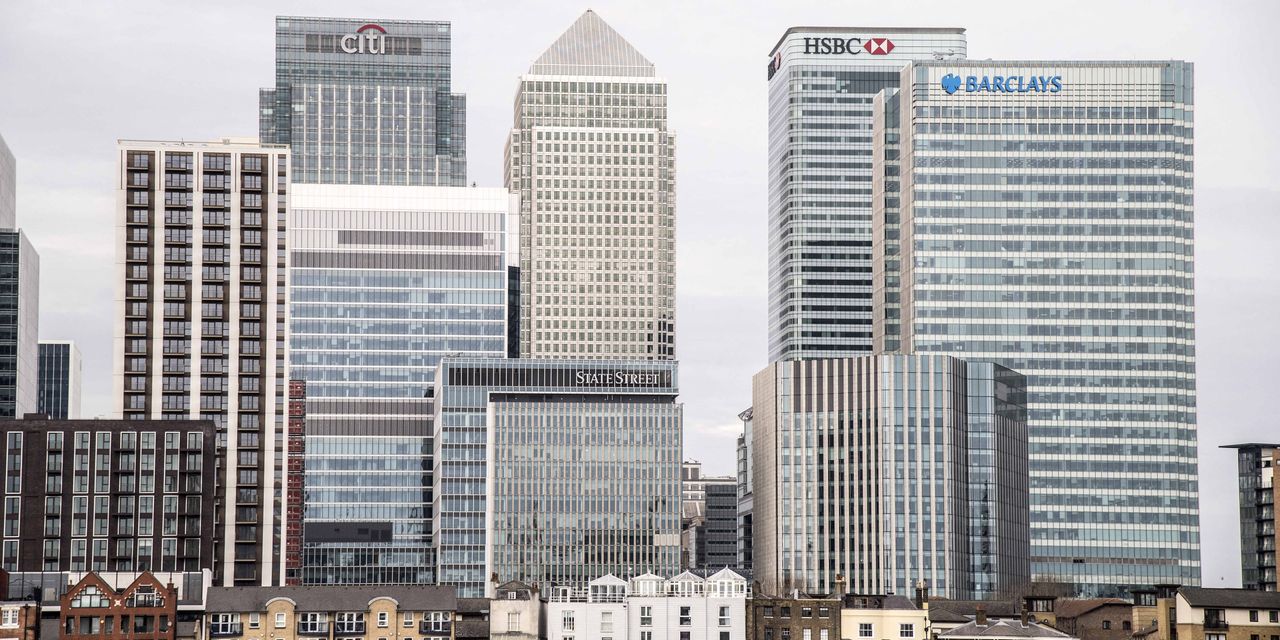Banks have had a good crisis, but that doesn’t mean they are fit to weather the next one.
On Tuesday, the Bank of England freed U.K. lenders of restrictions on shareholder payouts introduced early in the pandemic. It said the financial sector remains resilient to outcomes much more severe than their central forecast, with enough “capital and liquidity to be able to support the economy.”
This follows the bumper shareholder payouts announced last month by U.S. banks after a similar easing of the guidelines on dividends and buybacks. European regulators were slightly more cautious in their announcement earlier this month: In the eurozone, normal shareholder payouts can resume at the end of the third quarter.
On the whole, banks on both sides of the Atlantic have weathered the biggest economic dislocation in many generations without much sign of damage and even some success. Capital buffers are bulging. Loan-loss provisions booked early in the crisis have started to be reversed in the U.S., though European lenders are more cautious. Investment banks have capitalized on market ructions and reported fat trading profits.
But this says less about the health of the banking sector than it does about the nature of the crisis. Arguably, lenders have escaped bailouts primarily because their customers were bailed out instead.
Governments provided households with paychecks, supported loan-payment holidays and banned foreclosures and evictions. They also funneled funds to a wide range of businesses, from multinational companies to local shops. These support packages avoided loan defaults, gave borrowers time to adapt, and even enabled some to pay down debt.
What it didn’t do was test banks’ lending standards. Imagine how different the global financial crisis could have been if governments had offered homeowners the same level of state support as they have had over the past year or so.
As a result, the pandemic provides limited information about how banks’ business and lending standards will perform in a crisis involving more normal levels of state support. Indeed, both European and British regulators have cautioned about credit risk vulnerabilities as the economy recovers and government support programs roll back. “Households and businesses are likely to need continuing support,” the Bank of England said Tuesday.
The costly exposure of many big banks to the Archegos collapse also hints that lenders’ risk assessment procedures might need more work.
Banks are at the heart of the economy and performed well in what has been a dramatic crisis. But they haven’t really been tested—yet.
Write to Rochelle Toplensky at rochelle.toplensky@wsj.com
Copyright ©2020 Dow Jones & Company, Inc. All Rights Reserved. 87990cbe856818d5eddac44c7b1cdeb8













































